Imagine my surprise this morning, then, when I woke up at 6:49 am ready to write. My first thought was, “I did it! I have a new habit!” My second thought was “It’s the last day, I don’t have to do this anymore!” Truth be told, I’ve enjoyed observing the quiet of a sleeping household, watching the sun rise, and putting my thoughts on paper – something I’ve not been disciplined enough to do for a long time. When I’m not rushing off to work first thing in the morning, the changing light through the trees is something truly beautiful to be able to simply sit and observe. Falling in love with early morning has been a pleasure I never expected to experience. Without a change in my morning habits in order to try something new, it never would have happened.
Here is a video I shot from my deck the other morning in the incredible mist and fog.
Many of you have asked me if I will continue writing now that this challenge is ending. The answer is yes. I will be cutting back to once a week, on Wednesdays, and I’ll be finding another topic. I’m out of ideas to write about just now, and a break is important for my creative juices and continued desire to keep blogging. I have been absolutely floored by the positive response to my writings. Thank you all for staying with me on this journey, for your interesting comments and thoughts, for sharing my work with others when it has resonated for you. I’m so glad I have something to say that many people can relate to.
|
|
I am grateful that many of you have been reading and sharing on Facebook. I’ll continue posting my blog there, but the algorithms are weird enough that you could miss a once a week post easily. I have a specific blog mailing list that I plan to keep active, as it will motivate me to keep my promise to write every Wednesday. If you didn’t subscribe and you’d like to now that things will be coming to your inbox only once a week, here’s a link to subscribe. |
If you’re interested in continued examination of the power of habit in your own life, and you’d like to study with me, I’ll be offering a four session evening class called “Exploring the Power of Habit” starting on Tuesday, March 12. Class size will be limited to seven, so you’ll need to pre-register if you want to join me on this journey of self-examination. If you want to know more about the freedom and ease Alexander Technique can offer you, the power of habits in your life and how to change them, and how to live fully in your body, then this class is for you. Click the button for full details.
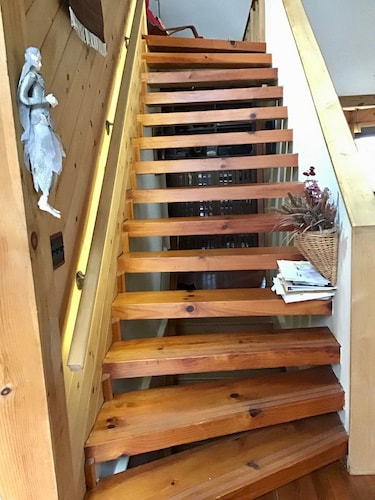

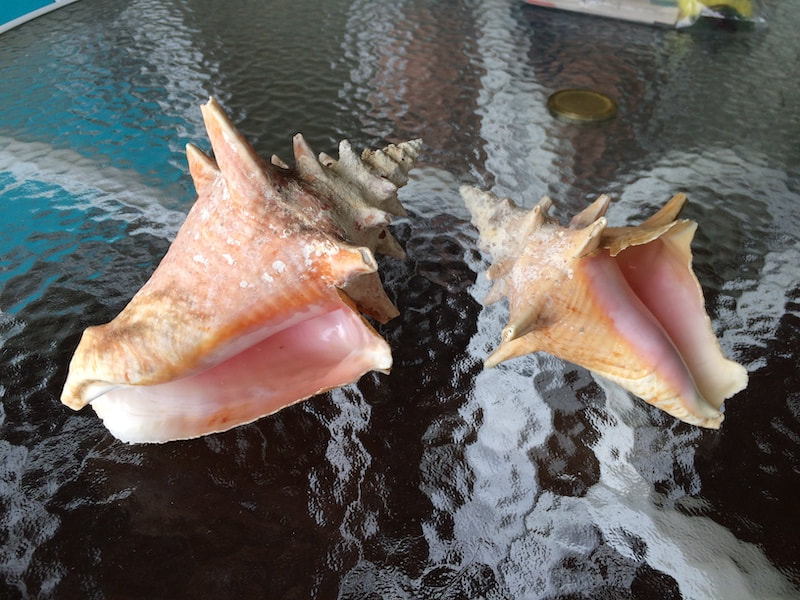
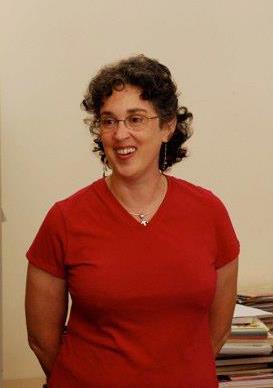
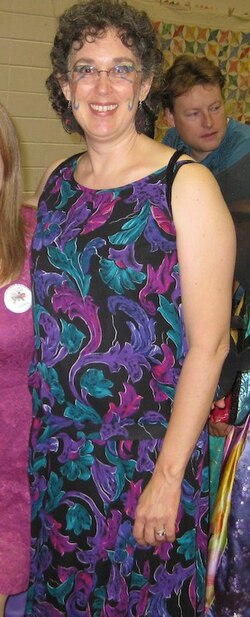
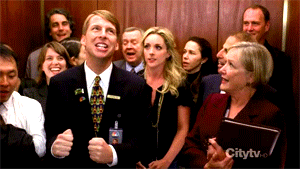

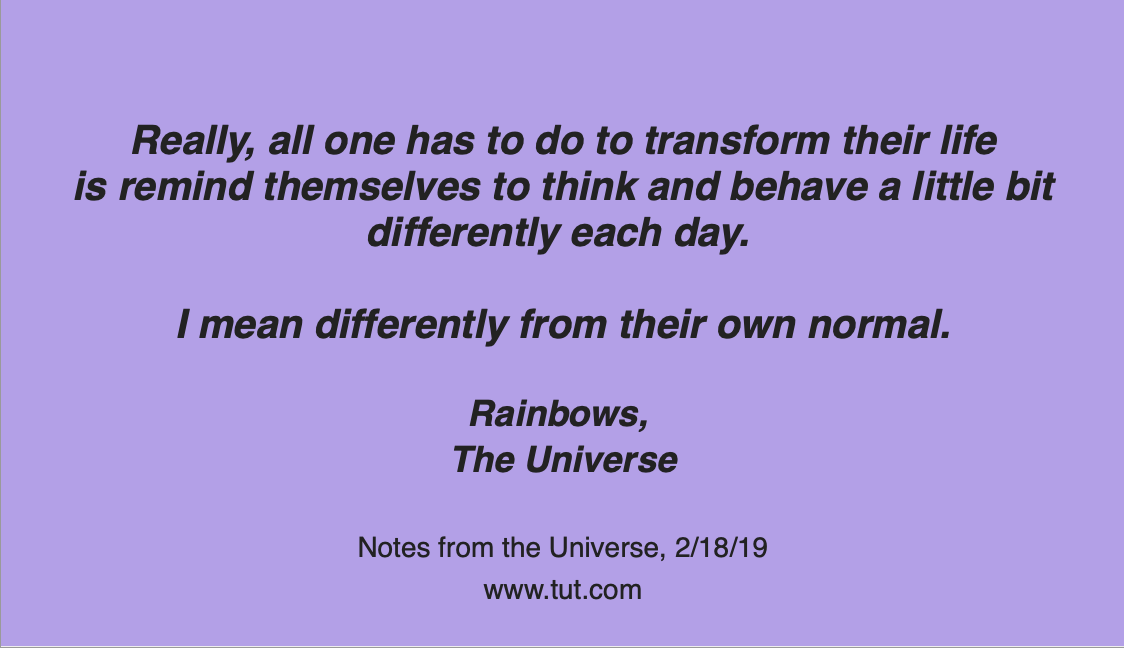
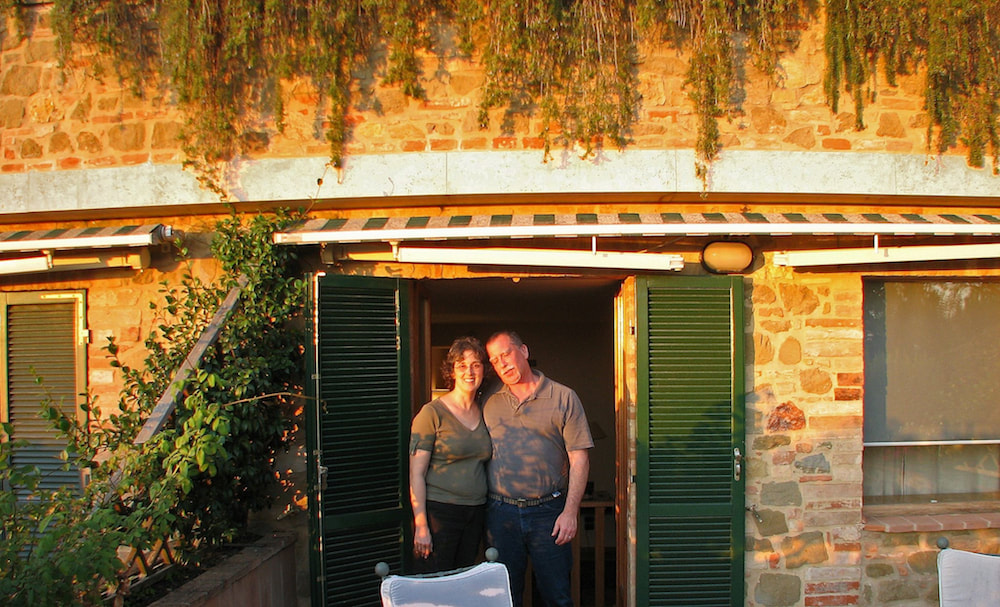
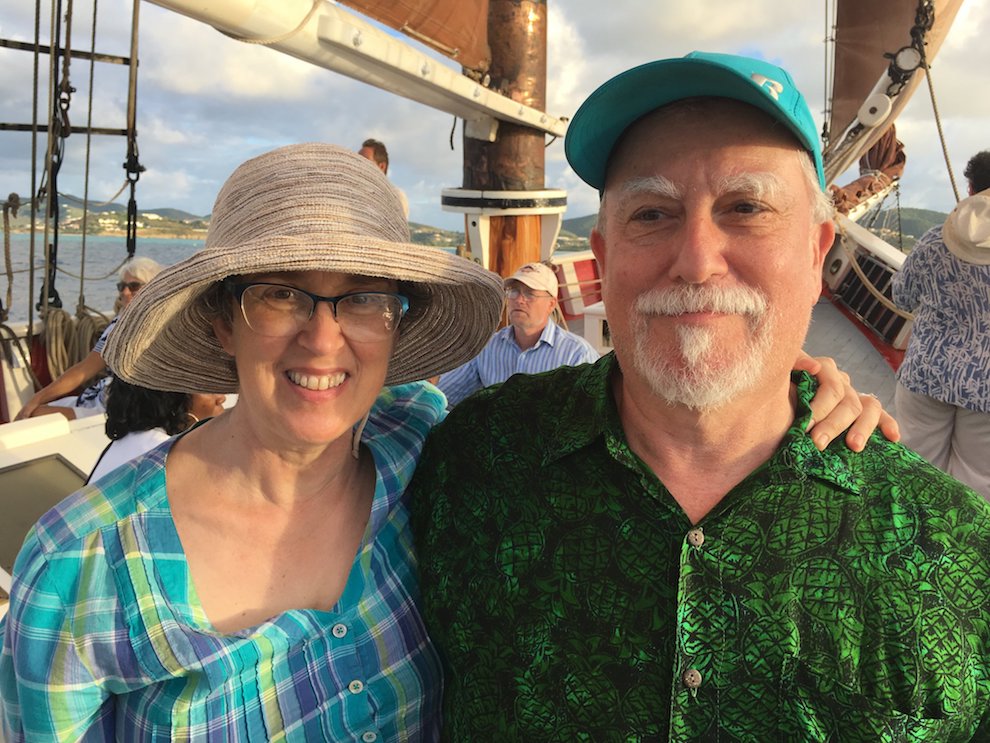
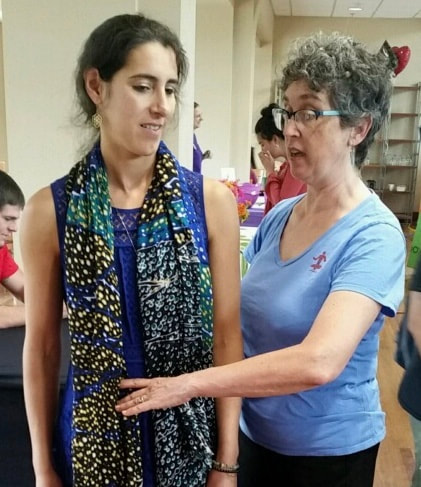
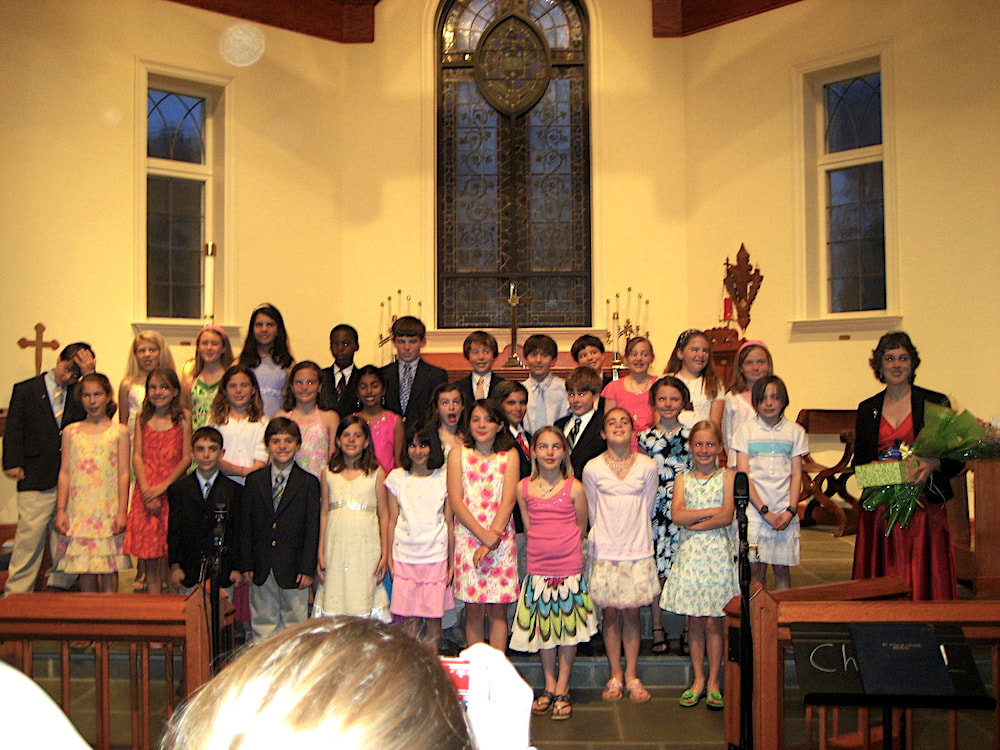
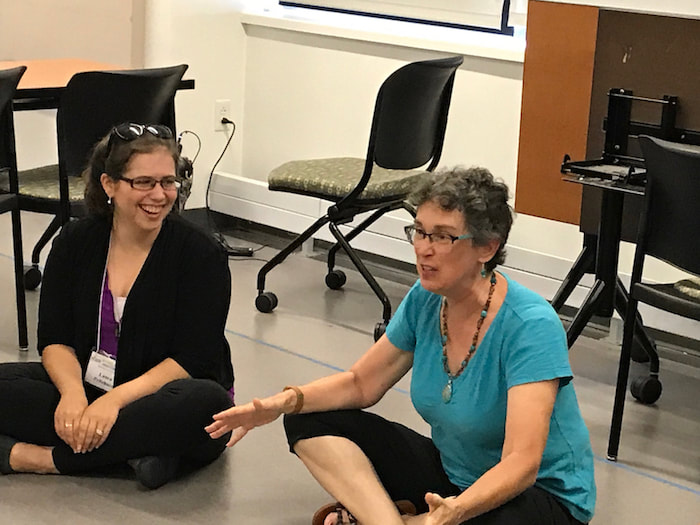
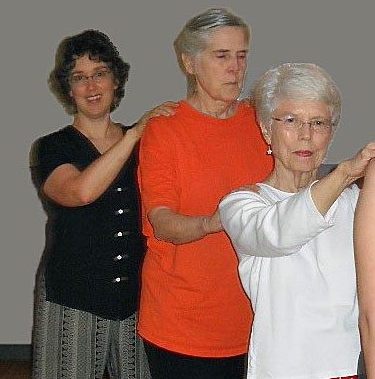
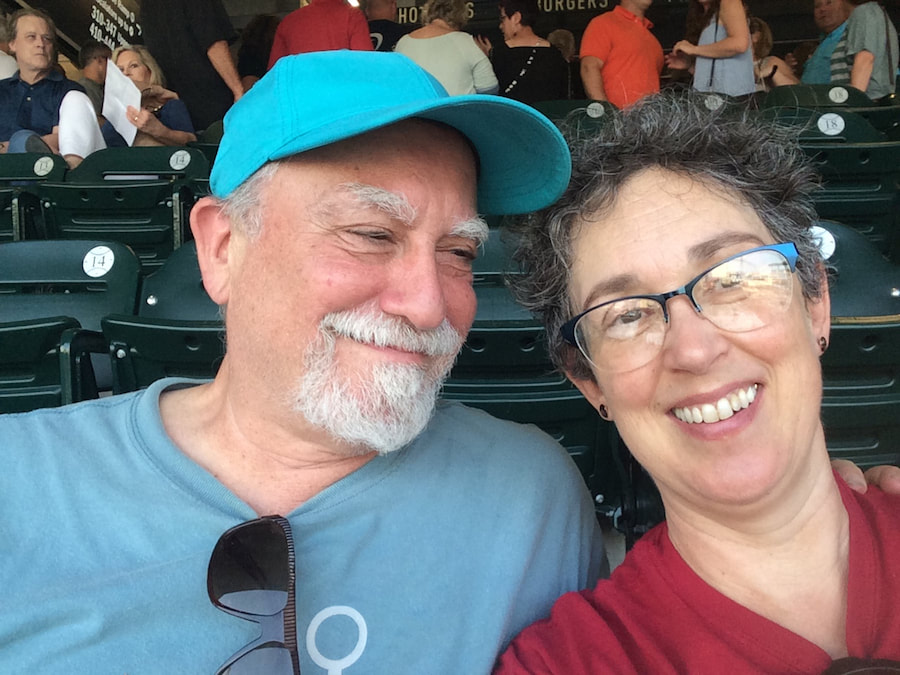

 RSS Feed
RSS Feed